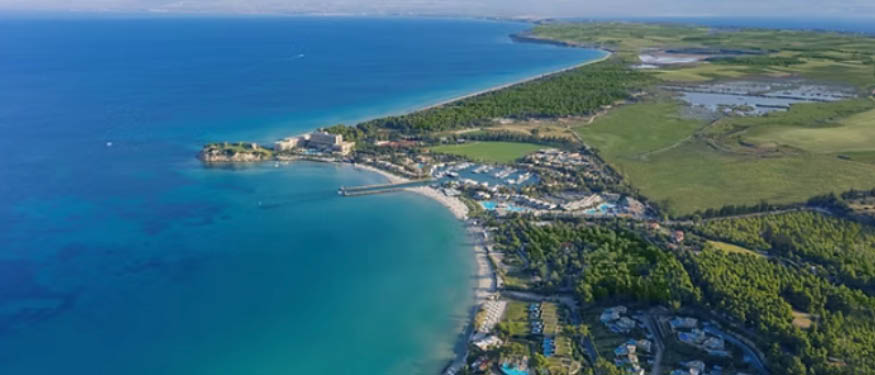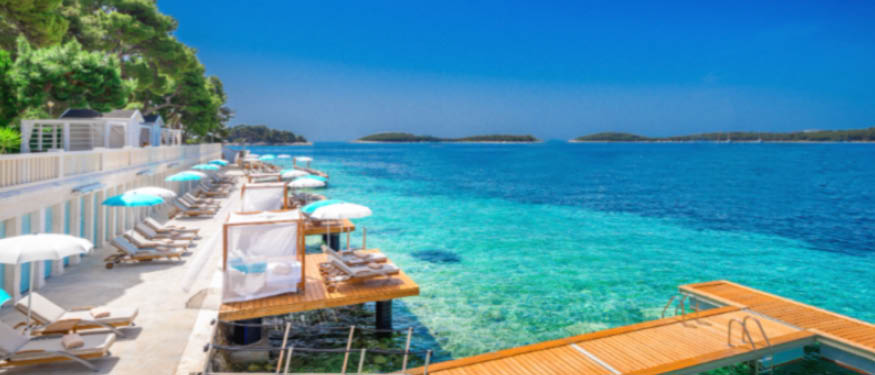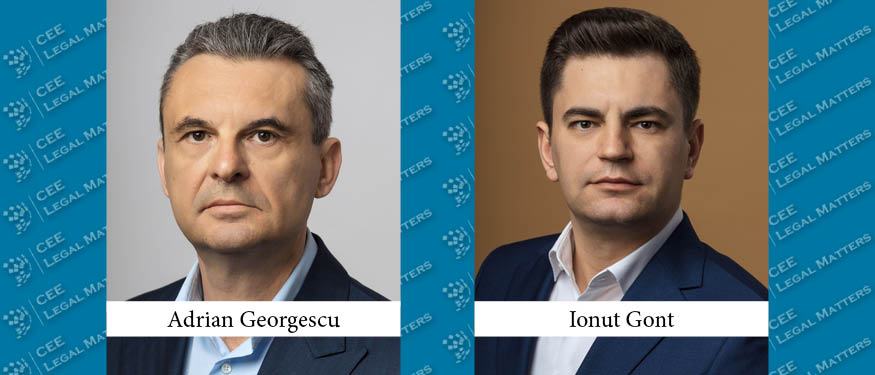Ellex has advised Sportland on its acquisition of 4.2 hectares of land in Marupe, Latvia.
PotamitisVekris Advises Sani/Ikos Resorts Group on EUR 230 Million Financing
PotamitisVekris has advised Sani/Ikos Resorts Group on securing EUR 230 million in financing.
Greenberg Traurig and LegalKraft Advise on Blackstone's Sale of Piastow Office Center in Szczecin
Greenberg Traurig has advised Blackstone on the sale of the Piastow Office Center in Szczecin to a joint venture formed by BUD Holdings and Investika Real Estate Fund. LegalKraft advised the buyers.
Essential Infrastructure for Artificial Intelligence: Data Centres
The world of data centres is evolving at an unprecedented pace, driven by the ever-increasing demand for AI solutions. At the same time, sustainability challenges, energy efficiency and security of supply are becoming increasingly in focus due to the significant energy demands of data centres. The growth potential of the sector remains attractive, with 70% of investors expecting further growth over the next two years, according to a recent international report* by DLA Piper.
Krehic Law and Madirazza Advise on Eagle Hills' Acquisition of Suncani Hvar
Krehic Law has advised Eagle Hills Croatia on its acquisition of Suncani Hvar from CPI Property Group. Madirazza advised CPI Property Group. Hanzekovic & Partners reportedly advised Eagle Hills Croatia as well.
Clifford Chance and BBH Advise on Amadeus Real Estate's Sale of Maj Narodni Shopping and Entertainment Center
Clifford Chance has advised Amadeus Real Estate on the sale of a majority shareholding interest in Maj Narodni – the owner of the Maj Narodni shopping and entertainment center in Prague – to Fond Realita. BBH advised Fond Realita. White & Case reportedly advised the financing banks.
Busra Ozden Makes Partner at Kolcuoglu Demirkan Kocakli
Kolcuoglu Demirkan Kocakli has promoted Busra Ozden to Partner.





















